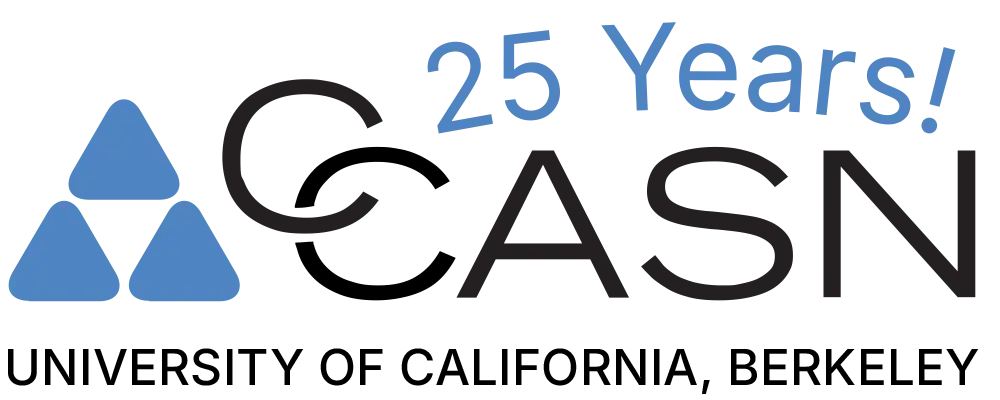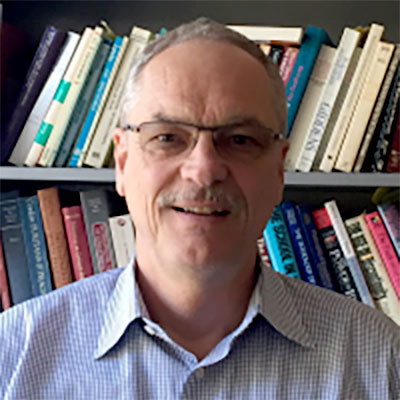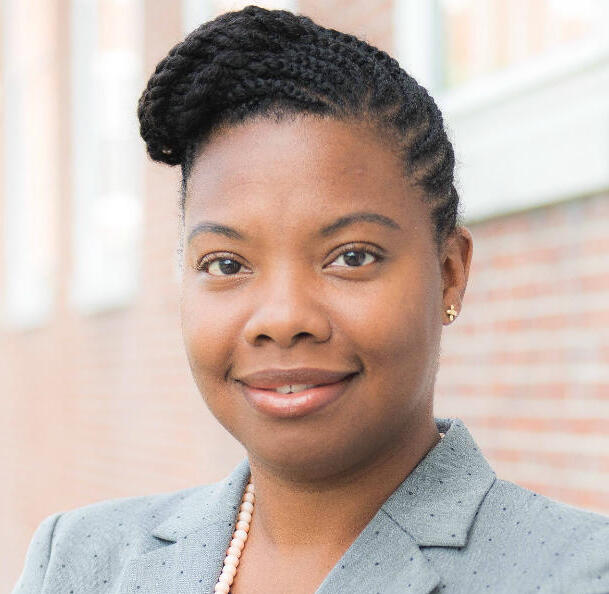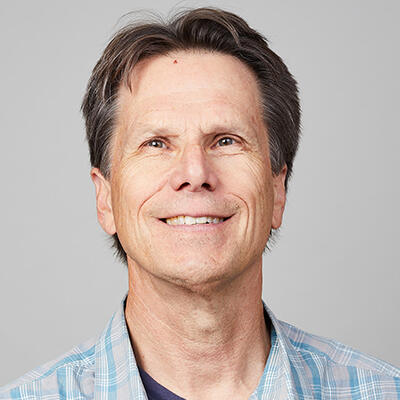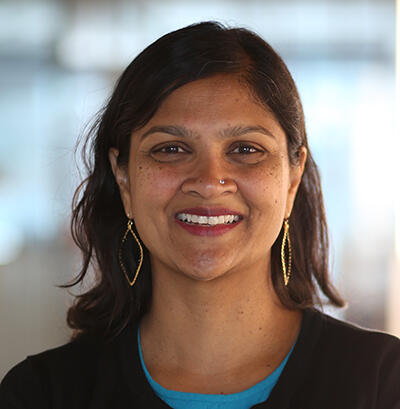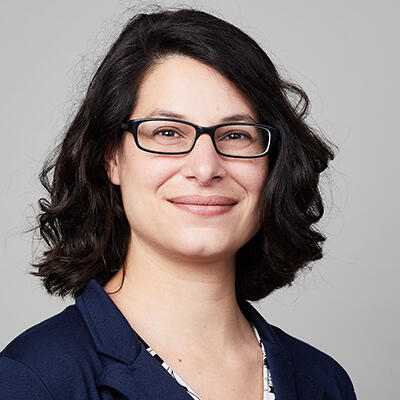Our Leadership Team
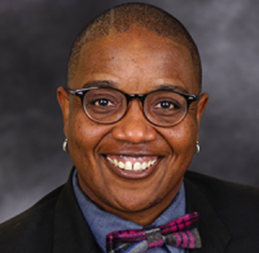
Dr. McGlawn has provided a servant and transformational leadership approach to urban learning communities for nearly 30 years. Having served at every institutional level, in a myriad of settings and professional roles, she is considered a seasoned collaborator, evidence-based strategist and institutional advisor. Her actionable research interests, where she has served and facilitated professional development, learning and capacity building includes, implementing systemic tactical strategies to achieve equity-based outcomes, performance optimization of individual and organizational practices, operationalizing intersectionality, culturally responsive pedagogy and leadership, building network-community alliances through innovative collective impact initiatives, Improvement Science and Design-Based Implementation Research.
Dr. McGlawn is a proud graduate of both the CSU San Diego’s Community Based Block Multicultural & Social Justice Master’s Program, and the Rossier School of Education at the University of Southern California where she earned her doctorate in Educational Leadership. An effective consensus builder and action-oriented scholar practitioner, Dr. McGlawn brings an ideal synthesis of research savviness, practical application and a deep devotion to increased educational and economic opportunities for all students, their families and communities.
Dr.mcglawn@berkeley.edu
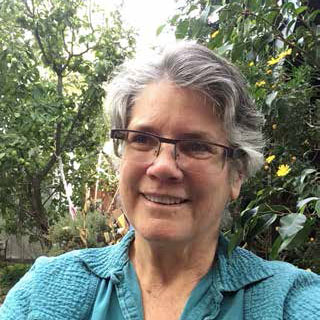
Annie Johnston excels at facilitating collaboration between education leaders at all levels and across systems to address equity problems of practice in college and career pathways. She works with county, district, and site-level teams, as well as community colleges, CSUs, and UCs across the state to change systems and practices that produce educational disparities. Annie focuses on aligning across systems, teacher preparation, and research-practice partnerships. Her expertise in applied and participatory research grew from her work as a California Partnership Academy lead teacher and school administrator, and was honed by UC Berkeley’s PLI (MA) and LEEP (Ed.D) programs. anniej@berkeley.edu
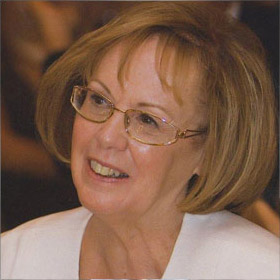
Susan Tidyman’s extensive experience supporting the development of high-school career academies and small learning communities informs her work as our national and state liaison. She coordinates a cadre of California Partnership Academy (CPA) teacher-leaders using Human Centered Design Thinking to help other academies improve their programs and ensure student success, especially with underserved populations. Her goal is to have a deeper knowledge and understanding of equity and ways to effectively put it at the center of her work. Susan holds a B.A. and M.S. from the University of Montana; she also has secondary and community college teaching credentials. sctidyman@berkeley.edu

Carrie Collins interfaces with funders, UC Berkeley’s Financial Accounting, and other departments at UC Berkeley. She manages contracts, grants, and budgets, and provides administrative support to the CCASN team. She has worked for UC Berkeley since 1989, including the National Center for Research in Vocational Education prior to joining CCASN in 2000.

Executive Director

Coordinator of Public Programs

State and Regional Coordinator

Research Administrator
Faculty Collaborative Advisors
Our Founders
Reflections From College to Career Legends, Dr. David Stern and Susan Tidyman
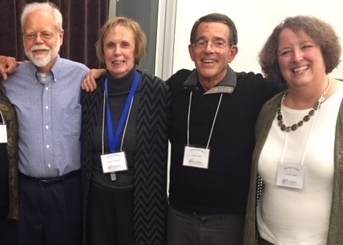
The CASN Legacy
In 1998, David Stern and Charles Dayton collaborated with lead teachers Dr. Marilyn Raby and Susan Tidyman, and UC Research Administrator Carrie Collins, to establish an innovative college-to-career initiative, the Career Academy Support Network (CASN) at the University of California, Berkeley. CASN, in partnership with the California Department of Education (CDE), collaboratively developed the California Partnership Academy (CPA) Model, this network of academies exists as one of the longest standing college “and” career models in the United States.
From the National Center for Research in Vocational Education (NCRVE) to the Career Academy Support Network (CASN)
David led CCASN’s precursor, the National Center for Research in Vocational Education (NCRVE) from 1995-1999, a consortium of seven institutions funded by the Office of Vocational and Adult Education with the U.S. Department of Education, and housed at the University of California, Berkeley. There the evidence-based foundation was laid for a vision of CASN as an essential Network focused on college to career pathways at the intersection of research, policy, and practice to improve equitable access to higher education and expand options for effectively educating students. Now an Emeritus Professor, David’s extensive research on the relationship between education and the workforce, as well as targeted and distributive resourcing in schools provides essential fiscal and research structure for the college and career pathways high school redesign model commonly used throughout the country and abroad.
Susan Tidyman facilitated career academy development and professional learning across the state and nation and served as our consulting liaison with the California Department of Education. Susan was critical to ensuring that curricular and instructional content was integrated and rigorous, while also managing a high-quality partnership between CASN and the CDE that remained powerful as expansion occurred rapidly throughout California and beyond!
Charles Dayton did research on the three original California Partnership Academies. The findings from his research led to the development of a Senate bill that provides annual funding for academies. His stewardship of CASN’s operations and his career academy expertise were essential. Charlie, as he is affectionately called, developed the original Career Academy National Standards of Practice, which are still used today.
Carrie Collins is CCASN’s historian. She has been and remains central to CCASN’s work as the key administrator negotiating our organizational relationship to the University, managing our contracts and grants, developing budgets, working with funders, and much more. Carrie has seen CCASN through thick and thin, and continues to provide critical leadership.
Now called The College & Career Alliance Support Network (now CCASN) has evolved in its role as an intermediary-serving Network for high-quality and equitable systems for college and career preparation, extending across PK12-postsecondary education systems in California.
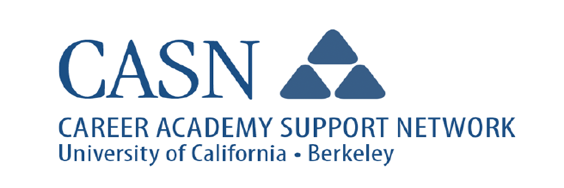
1998
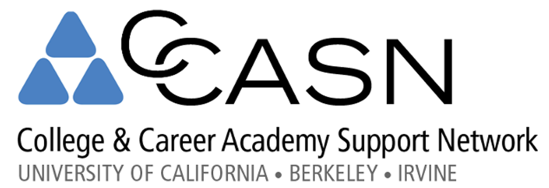
2010
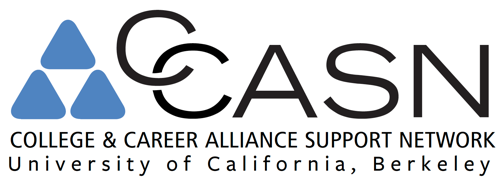
2022
Reflections from CCASN’s Founders
To mark CCASN’s 25th Anniversary, we feature reflective perspectives from interviews with CCASN’s founding visionary leaders, Dr. David Stern and Susan Tidyman.
When you envisioned/started CCASN, what were your hopes, aspirations?
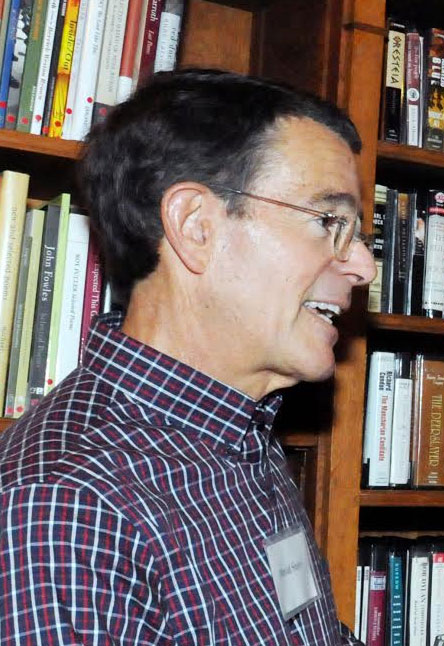
David: Early evaluations of career academies that had certain elements – small school, integrated curriculum, and work-based learning – showed positive impacts on students using pretty good matched-pair research designs by several different researchers. We wrote a book, and there was demand for more info and assistance. Our hope was to enable schools and districts to replicate what seemed to have been effective.
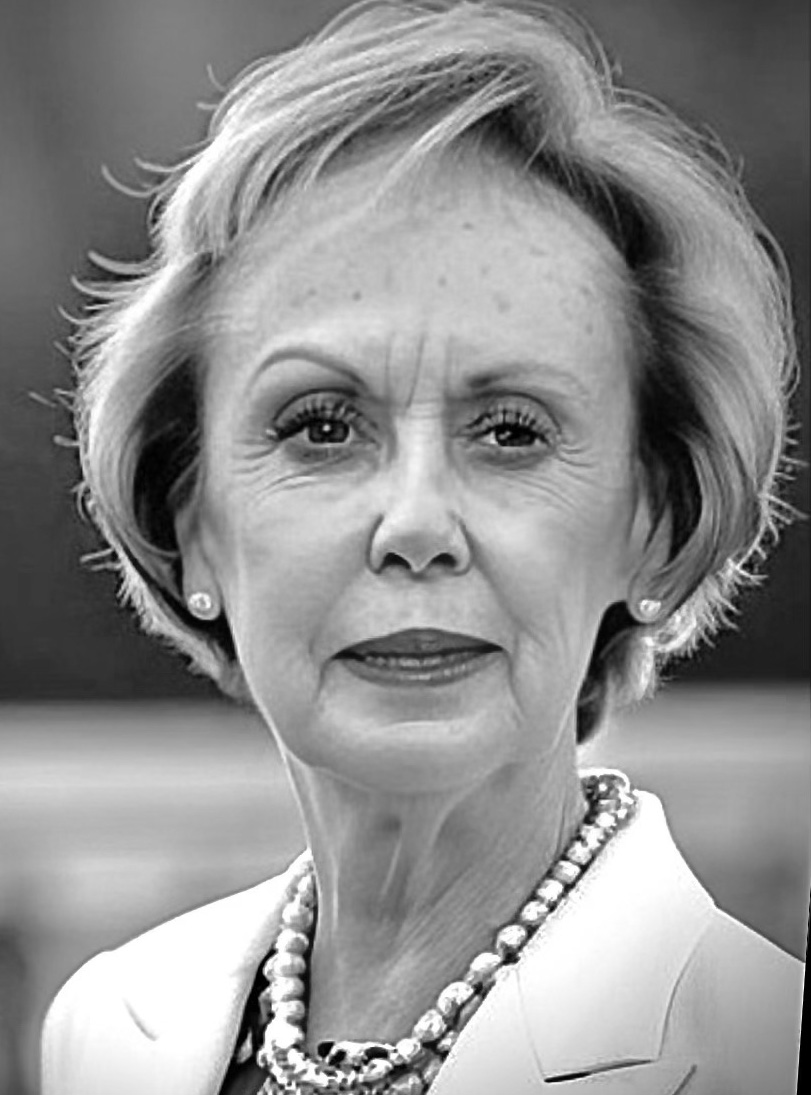
Susan: As a high school English teacher, I experienced the transformation of student interest when academic subject matter was partnered with real-life career-based content. Students in my English class who were completely disengaged changed; so did I! CCASN had the process for engaging both students and teachers with solid student data and real-world examples to support the work. Integrated curriculum, teams of academic and Career and Technical Education (CTE) teachers working together, cohort scheduling, mentors, and internships are common now. When CCASN began our project, these were fairly new concepts seen as part of high school reform efforts or special “model” programs.
When you left CCASN, what did you hope to see continue from your work?
David: The work we started had been taken up by a number of organizations. Our role was not so much to compete as to try to keep them honest, and stick to the vision in two senses:
- Do not dilute the model, for example, do not abandon cohort scheduling.
- Beware of the kind of tracking that career academies could effectively overcome.
At the high school/community college interface there seemed to be a divergence – some pathways designed to lead to two-year colleges, others to four-year, and very few trying to do both. CTE was the only body of curriculum created for a particular class of students – children of immigrants, of less affluent families – for the working class. It’s borne that imprint from its founding to the present day. It remains incumbent on researchers and people in the field to keep CTE from falling back into being used in that way. My hope was that CCASN would continue to be a conscience for the field, to avoid that kind of backsliding.
Susan: When I left CCASN (in 2022), I was hoping that the new “home” for CCASN with The Lawrence Hall of Science would be a supportive environment where CCASN would be recognized as a valued partner and encouraged to continue their exceptional work. I hoped that the CCASN team would continue to collaborate with the California Department of Education, and that CCASN would find funding and support for the efforts around social justice.
As CCASN turns 25 years old this year, what aspirations do you want the CCASN team to take forward?
David: Students are conscripts in high school – they have to be there. The value of their time is not the primary consideration in designing budgets and programs and school offerings. There are all sorts of ways that school could be delivered that would not involve Carnegie units and the whole structure around marking time that militates against school being real or fair for students. I hope that CCASN could continue to be at the forefront for envisioning different ways to do high school and trying to get at the basic problem¬… changing the structures of school.
Susan: These are troubling times for education. Many of our high school students are discouraged, depressed, and hopeless. Our best teachers have some of the same feelings and face “burnout.” In some areas, politics impact school board and community decisions, frequently losing sight of what’s best for students. CCASN has the leadership and team to take on an essential role in improving this terrible education climate. I am hopeful that CCASN, at some level, might find encouragement and funding for this issue. Finally, CCASN is viewed as a high-quality, non-biased, unique, and ethical organization. I hope the CCASN team always remembers that and is extremely proud of who they are and what they do. I hope their work continues to be interesting, challenging, and satisfying.
Words of Appreciation
CCASN extends deep gratitude to David and Susan for their thoughtful reflections. We also extend gratitude to CCASN’s other founders, Charlie and Dr. Raby. And we are endlessly grateful to Carrie for her continued leadership as our remaining active founder.
Their individual and collective visionary stewardship and
years of committed service light the way forward for CCASN’s bright future!
